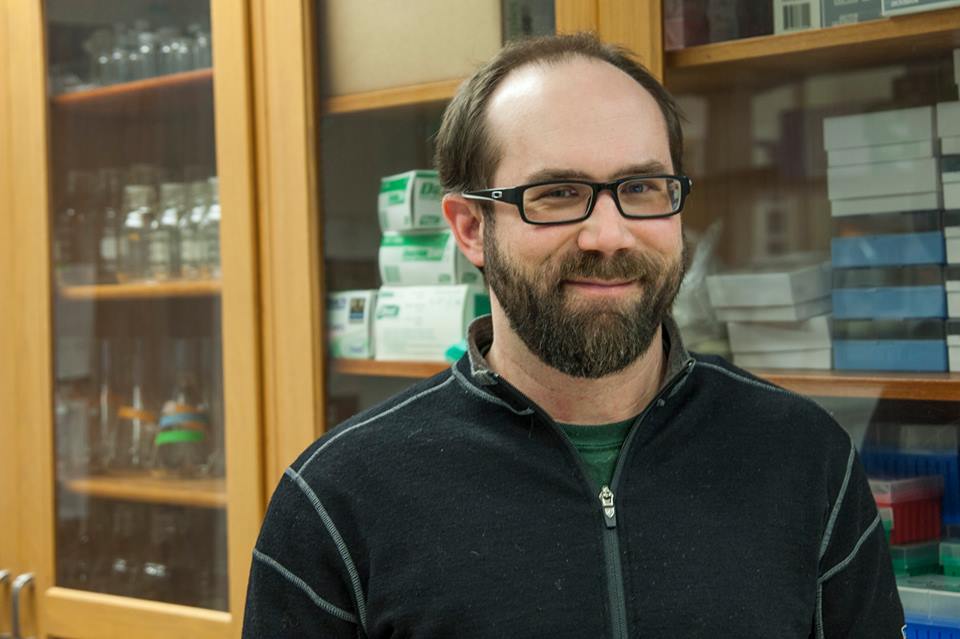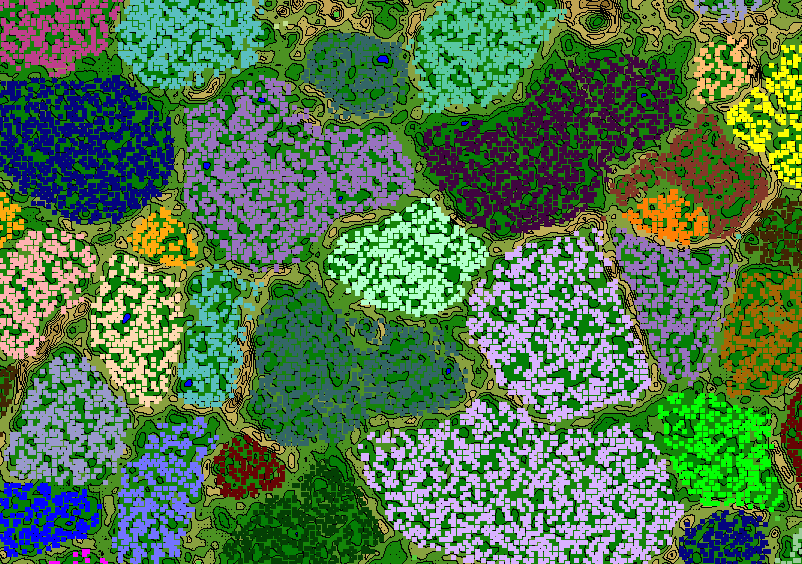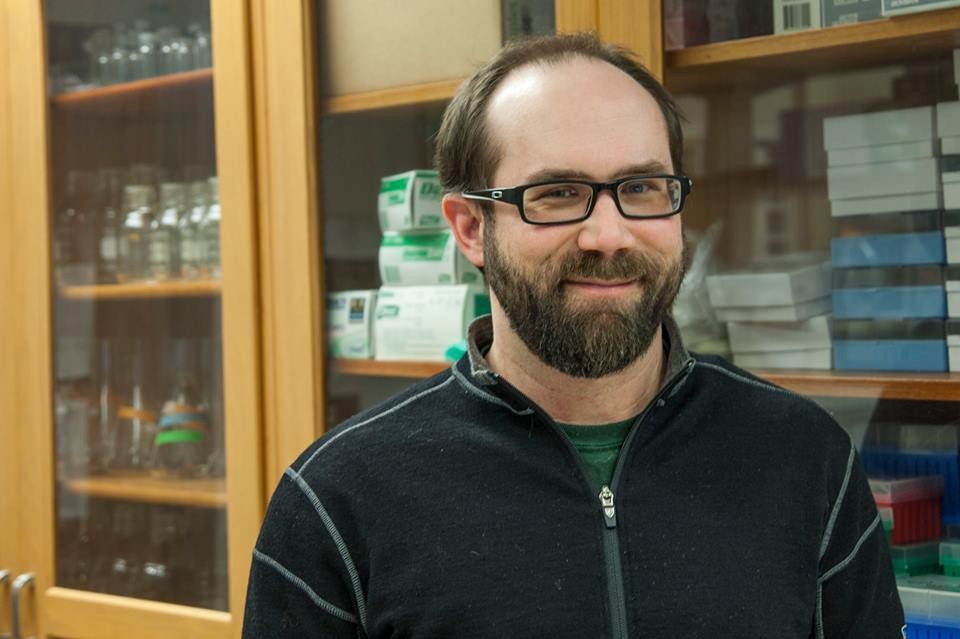 Dr. Brett Baker is the newest addition to the faculty at The University of Texas Marine Science Institute. Marine microbes include a very broad spectrum of microscopic organisms (microalgae, bacteria, archaea, protozoa, fungi and viruses). They are ubiquitous, inhabiting every niche on earth and together account for more than 90 percent of biomass in world oceans. The University of Texas Marine Science Institute has just secured a new assistant professor, Dr. Brett Baker, who will help discover new species of microbes and how they affect our marine systems.
Dr. Brett Baker is the newest addition to the faculty at The University of Texas Marine Science Institute. Marine microbes include a very broad spectrum of microscopic organisms (microalgae, bacteria, archaea, protozoa, fungi and viruses). They are ubiquitous, inhabiting every niche on earth and together account for more than 90 percent of biomass in world oceans. The University of Texas Marine Science Institute has just secured a new assistant professor, Dr. Brett Baker, who will help discover new species of microbes and how they affect our marine systems.
Microbes are the first link in the food chain, and as such they control the flow of energy, nutrients and the recycling of elements and organic matter. With so many species yet to be discovered, we know very little about the incredible diversity of bacteria and archaea on the planet and even less about their physiology and ecological roles. Dr. Baker uses leading-edge genomic (DNA) methods to uncover the diversity of marine microorganisms, their unique physiology, and their roles in the ecology of our estuaries and oceans.
Recently Brett has been leading a study that has reconstructed over 150 genomes of uncultured microorganisms involved in organic matter degradation, and the cycling of nutrients in estuary sediments. His research has resulted in the discovery of new kingdoms of microbial life that are involved in globally important processes like how nutrients change in the Gulf of Mexico’s Dead Zone or how these microbes can break-down oil.
 Dr. Brett Baker is learning about life in the Northern Gulf of Mexico Dead Zone (area of low oxygen). He is mapping microbial DNA fragments to determine what microbes can survive in this environment and what their impact is to the ecosystem. Each of the squares pictured is a different DNA fragment. Each set of colored groupings represent the microorganisms living in the Gulf of Mexico Dead Zone. Credit: Brett Baker.Dr. Baker has been a senior research fellow at The University of Texas Marine Science Institute for the past year, and will continue his ground-breaking discoveries of the microscopic world as an assistant professor starting this September.
Dr. Brett Baker is learning about life in the Northern Gulf of Mexico Dead Zone (area of low oxygen). He is mapping microbial DNA fragments to determine what microbes can survive in this environment and what their impact is to the ecosystem. Each of the squares pictured is a different DNA fragment. Each set of colored groupings represent the microorganisms living in the Gulf of Mexico Dead Zone. Credit: Brett Baker.Dr. Baker has been a senior research fellow at The University of Texas Marine Science Institute for the past year, and will continue his ground-breaking discoveries of the microscopic world as an assistant professor starting this September.









